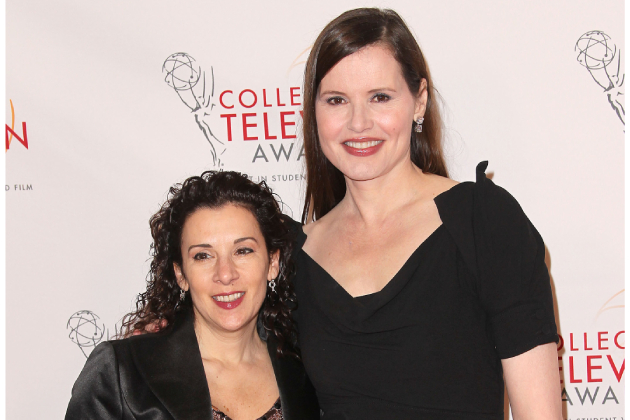Netflix’s Making a Murderer and HBO’s The Jinx: The Life and Deaths of Robert Durst have breathed new life into the true crime genre over the past few years, opening the format to a wider audience.
“What has changed, primarily, is the storytelling technique. I think we are getting more authentic. We are trying different approaches to telling the story. That’s why it’s a super exciting genre to be in right now,” said Kevin Bennett, general manager, Investigation Discovery and American Heroes Channel, Discovery Communications, speaking on a panel Thursday (Jan. 26) at Realscreen Summit in Washington, D.C. that addressed the rise of true crime content on TV.
The success of serialized shows like Making a Murderer has given networks the opportunity to look deeper into stories like those of wrongful convictions. But these types of shows can be difficult to tell and expensive to produce – It took filmmakers Moira Demos and Laura Ricciardi 10 years to complete the 10-part Making a Murderer series, for instance.
Bennett said in the hundreds of hours of programming they do annually at ID, only a few hours will be set aside for those stories.
“When we do them, we are going to pick the right ones,” he said.
But with crime being such a popular genre, it’s hard to show execs an idea that they haven’t thought of or already produced. What does get their attention, though, is a new approach or a unique way of storytelling, said David Shadrack Smith, president of Part2 Pictures.
One program that piqued Part2’s interest was the docuseries Dark Net. It takes audiences into the underbelly of the cyber world, exploring issues of cyber warfare, biohacking and the webcam sex trade.
But there are no hard or fast rules on what will be greenlit.
The rules of the genre are always changing, said Sharon Scott, president and general manager, Peacock Productions, the company behind Deadline: Crime with Tamron Hall and Disappeared.
When Scott was a series producer on NBC’s investigative program Dateline, the only cases covered were those with a clear outcome. When she started working on the docuseries Disappeared, which tracked-missing person cases, she said it broke the number-one rule of the crime genre – that is, leave no case unsolved.
“Shockingly, the audience was fine with that and the family was fine with that. They just wanted exposure, wanted some kind of closure, even if they don’t find their missing loved one,” she said.
When ID decided to take Disappeared off the network, Bennett said it wasn’t a permanent move because he doesn’t cancel shows, he places them on a semi-permanent hiatus. They will often be picked up again in a few years.
“Even if we say no to a concept, as a crime network, it’s going to come back around again.”
Also on the panel were Caitlin Meek-O’Connor O-Connor, head of acquisitions at Beyond Distribution, and Peter Tarshis, executive producer LMN.
What I did, what I learned
While reflecting on the changes in the non-fiction industry at the Realscreen Summit Thursday, Nick Catliff of Lion Television had strong words for producers who complain about the difficulties of selling their content: stop whining.
“The thing that really struck me at Realscreen, is we need to all stop whining. Having a bunch of rich, successful, powerful producers on the platform moaning about their margins being squeezed is pretty unedifying. We are in the golden age of television,” he said.
He said Netflix and Amazon are changing the industry, but they are also investing millions of dollars into new content. He added traditional cable networks have also realized they can’t produce the same old programs, so even those who are facing decreased revenues are still going to buy new shows.
What should concern the industry is up and coming production talent who struggle to get their first commission, said Temple Williams, COO of 51 Minds Entertainment.
When Williams worked at MTV, he said young producers would walk in with a tape and walk out with a series. He said that is how Jackass was created and this style of business was done quite frequently.
The commissioning business has become intense and convoluted without necessarily resulting in quality content.
“I don’t think that process makes it a better product, it just makes it a protected product,” he said.
Oliver Bogner, head of creative and executive producer at Bogner Content said those starting in the industry need advocates behind them.
“It’s about relationships and honing in those relationships and figuring out what the buyer needs.”
For Bogner, TLC has been the network to champion him. For the past seven years, he’s consistently had a show in production with the network that includes Down South Dance and Dance Kids ATL.
Also on the panel were Sam Barcroft, CEO of Barcroft Productions and Rebecca Toth Diefenbach Diefenbach, co-president and EP with Sirens Media. Phil Fairclough, managing director of Earth Touch USA, moderated.































